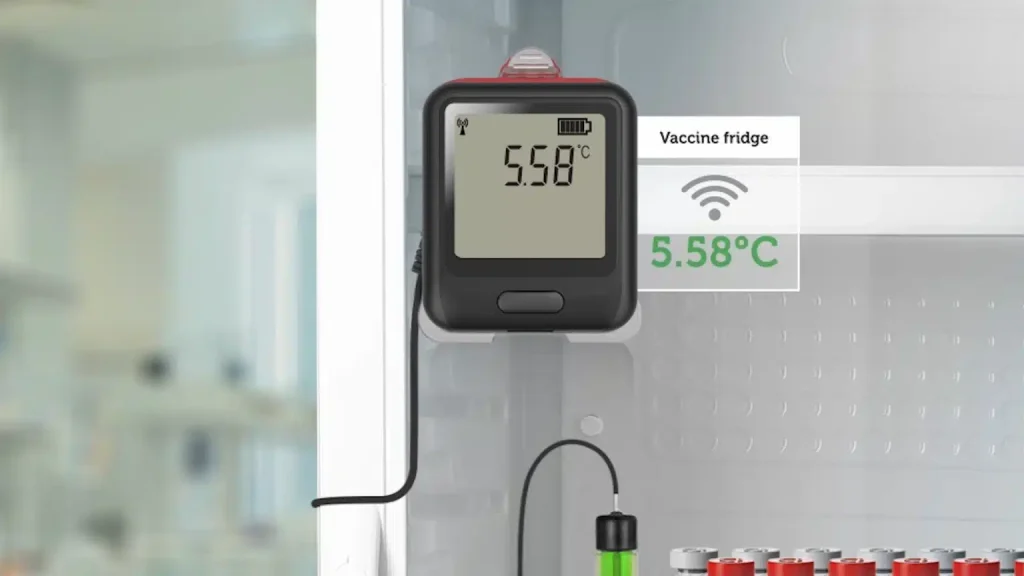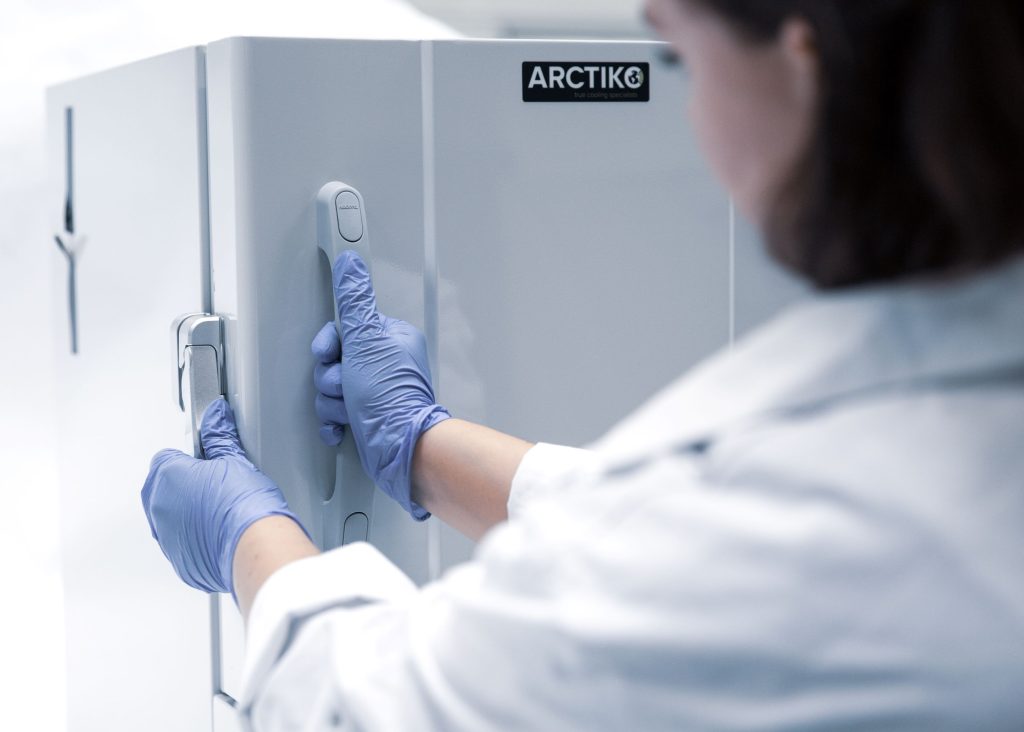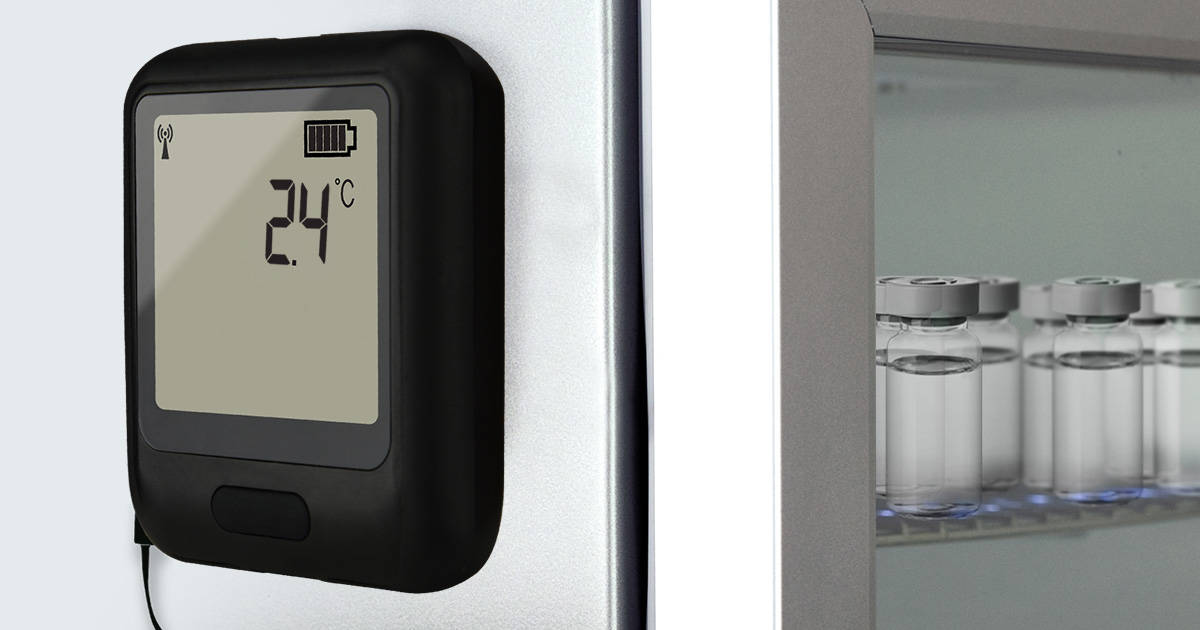Medical refrigeration is essential for storing potentially life-saving medications and vaccinations. Temperature control monitoring is critical to the success of modern refrigeration systems.
Temperature variations are a major concern in medical refrigeration, thus continual temperature monitoring is critical for ensuring the integrity and safety of the stored medicinal items.
The necessity of temperature control monitoring in medical refrigeration is discussed in this article, as well as the many methods utilised to provide precise and dependable monitoring.
The importance of temperature control monitoring in medical refrigeration
Due to the crucial nature of the materials held inside the cold chain, temperature control monitoring in medical refrigerators is critical. Vaccines, blood products, and other drugs must be stored in cold storage at certain temperatures to preserve efficacy and safety.
Failure to follow these temperature limits can result in product deterioration, rendering it useless or possibly dangerous to patients. Staff training is necessary to guarantee that suitable practices are followed to keep acceptable temperature ranges.
Continuous temperature and other environmental monitoring within medical refrigeration systems may notify employees of any difficulties and allow for a prompt intervention to prevent product loss.
The use of dependable and precise temperature monitoring technology such as data loggers, wireless sensors, and automated monitoring systems can help to maintain these conditions while also assuring the safety and efficacy of the items housed in medical refrigeration systems.
Recommended Temperature Monitoring Solutions
Data loggers, digital controllers, and 30-day temperature data recorders are all recommended temperature monitoring solutions for medical refrigeration systems.
These technologies provide various monitoring capabilities and may be used in conjunction to provide full monitoring of medical refrigeration systems.
Staff can verify that medical refrigeration systems maintain a safe temperature range by utilising these suggested temperature monitoring methods, decreasing the risk of product loss and preserving the safety and efficacy of stored pharmaceuticals and vaccines.
Integrated Digital Controller
In medical fridge systems, integrated digital controllers are an excellent option for monitoring temperature and other environmental parameters.
These controllers are built into refrigeration systems and allow continuous monitoring and automatic control of temperature, humidity, and other key variables.
Integrated digital controls guarantee that medical items housed in refrigeration systems remain within the specified temperature range by monitoring and adjusting conditions in real-time.
Furthermore, the controllers feature audio and visual alerts to notify personnel of any temperature variations, enabling immediate action to be taken to prevent product loss.
ARCTIKO Digital Controllers
For dependable monitoring and automated control of your medical refrigeration systems, use ARCTIKO’s integrated digital controllers. Please contact us now.

Data loggers are a low-cost and reliable way to monitor the temperature in medical refrigeration systems. These stand-alone sensors collect temperature data over time and may be accessed manually for examination.
Data loggers give a precise record of temperature swings in the refrigeration unit by tracking temperature data over periods, allowing employees to spot possible concerns before they worsen.
Data loggers are an integral component of any temperature monitoring system and are frequently used in conjunction with other monitoring solutions for full medical refrigeration system monitoring.
Data loggers we recommend.
Using ARCTIKO’s trusted data loggers, you can ensure the safety and efficacy of your stored medications and vaccines. To learn more, please contact us today.
30-day Temperature Recorders
Temperature recorders that last 30 days are an important part of temperature monitoring in medical refrigeration systems.
Temperature data is recorded by these devices over 30 days, providing a precise record of temperature variations within the refrigeration unit.
30-day temperature recorders, with their ability to preserve data for an extended length of time, provide an additional layer of monitoring for medical refrigeration systems, allowing staff to discover potential concerns before they become essential.
For thorough monitoring of medical refrigeration systems, these recorders are frequently utilised in conjunction with other monitoring solutions.
Recommended temperatures
Proper temperature ranges are essential for guaranteeing the safety and efficacy of drugs, vaccines, and blood products stored in medical refrigeration systems. The temperature range advised for medical refrigeration is normally 36°F to 46°F (2°C to 8°C).
Temperature requirements for vaccines, blood products, and other temperature-sensitive pharmaceuticals may lie within this range or require a tighter temperature range. It is critical to keep the temperature of the refrigeration unit within the prescribed range at all times to avoid any waste.
Temperature changes can occur as a result of a variety of events, including power outages, equipment failures, or door openings, and can result in product spoiling.
Staff should be trained to regularly monitor the temperature in the refrigeration unit and to take action if it deviates from the recommended range.
Using recommended temperature monitoring technologies such as data loggers, digital controllers, and 30-day temperature data recorders can help keep medical refrigeration systems within the prescribed temperature range.
Medical Refrigerator Essentials
Medical refrigerators and freezers are essential in healthcare facilities for preserving sensitive medication, vaccinations, and blood products.
Power loss precautions are required to ensure that the refrigeration unit maintains an acceptable temperature range during power outages.
During a power outage, backup power solutions such as uninterruptible power supplies (UPS) or generators can provide continuous power to the refrigeration unit.
Regular internal temperature checks with thermometers are also necessary to ensure that the temperature within the refrigeration unit stays within the recommended range.
Furthermore, workers should be properly trained to monitor the temperature in the refrigeration unit frequently and to take immediate action if the temperature deviates from the recommended range.
By taking these critical precautions, healthcare facilities can ensure the safety and quality of stored medications, vaccines, and blood products.
Alarms for Temperature Monitoring
Alarms are an integral component of temperature controlled monitoring in medical refrigeration systems. They warn employees when temperature shifts might endanger the effectiveness and safety of medicines, vaccines, and blood products that are being kept.
Alarms can be triggered by a variety of situations, such as temperature breaches, power outages, equipment failures, or door openings, signalling that the temperature has risen over the permissible range.
Audible and visual alarms are often utilised in medical refrigeration systems to promptly inform workers of temperature variations.
Furthermore, some systems have remote temperature monitoring capabilities, allowing personnel to receive alert warnings through email or text messages.
Alarms are a crucial tool for recognising possible concerns before they worsen, allowing employees to take necessary action fast.
Common causes of temperature fluctuations and alarm triggers
Temperature fluctuations in medical refrigeration systems can occur owing to a variety of factors such as power outages, equipment malfunctions, and door openings.
Power outages are one of the most common causes of temperature variations in medical refrigeration systems.
The refrigeration unit may stop operating during a power outage, allowing the temperature within the unit to increase. Voltage dips or surges can also cause temperature variations.
Temperature fluctuations can also be caused by malfunctioning equipment, such as broken thermostats or cooling fans. Temperature variations can also be induced by door openings, especially if they are left open for an extended period or if the door seal is damaged.
Healthcare facilities can preserve the safety and efficiency of stored medications, vaccines, and blood products by recognising and resolving the core cause of temperature changes, thereby enhancing patient care.

Why Temperature Control Monitoring is a Must for Medical Refrigeration.
Monitoring temperature control is an essential component of medical refrigeration systems. It is critical to keep medications, vaccines, and blood products refrigerated within the approved temperature range to ensure their safety and efficacy.
Regular monitoring and maintenance of medical refrigeration equipment may yield precise results, ensuring that stored items are safe and effective for patient usage. Furthermore, by minimising product spoiling and lowering the need for regular product replacement, temperature control monitoring methods can help healthcare institutions save money in the long run.
Adhering to established temperature monitoring protocols and guidelines can help healthcare facilities meet regulatory requirements and best practices, therefore enhancing patient care.
Healthcare facilities can ensure that they give safe and effective goods to their patients while cutting expenses and complying with regulatory standards by prioritising temperature control monitoring.
Accurate results
In medical refrigeration, accurate findings are critical to ensuring that stored vaccines, medications, and blood products stay safe and effective for patient usage.
Medical refrigeration devices that are regularly monitored and maintained can offer reliable temperature readings, alerting employees to possible hazards before they worsen.
Accurate temperature measurements can also assist personnel in identifying any temperature swings that may jeopardise the safety and efficacy of stored items.
Digital controllers and data loggers, for example, provide real-time temperature measurements, allowing personnel to take corrective action as soon as feasible.
Temperature control techniques that are accurate help minimise product spoiling, minimising the need for frequent product replacement and, eventually, saving healthcare institutions money.
Cost Saving
Cost reductions are key consideration in medical refrigeration since the proper storage monitoring of vaccines, medications, and blood products can be costly for healthcare organisations.
Healthcare facilities may decrease the chance of product spoiling and waste by establishing appropriate temperature control methods and maintaining refrigeration equipment regularly. This eliminates the need for regular product replacement and saves money for healthcare organisations.
Furthermore, improved temperature monitoring equipment systems, such as digital controllers and data loggers, can assist staff in identifying potential problems before they develop, lowering the chance of product spoiling and the requirement for frequent product replacement.
Prioritising cost-cutting strategies in medical refrigeration allows healthcare institutions to better manage resources, offering safe and effective goods to patients while lowering needless costs.
Approved Procedures
Medical refrigeration requires strict adherence to authorised processes to guarantee patient safety and regulatory compliance.
The Centres for Disease Control and Prevention (CDC) and the Food and Drug Administration (FDA) of the United States have developed recommendations and rules for the safe storage of pharmaceuticals, vaccines, and blood products.
Following these established protocols guarantees that healthcare institutions offer safe and effective goods to their patients while decreasing the possibility of contamination, spoilage, or other negative outcomes.
Regular monitoring and repair of refrigeration systems, as well as correct product handling and storage, are required to satisfy these criteria.
Advanced temperature monitoring devices, including data loggers and digital controllers, can assist employees in complying with these rules by giving real-time temperature measurements and alerting employees to possible problems.
Healthcare facilities can maintain regulatory compliance while also providing safe and effective products to their patients by following approved procedures and guidelines.
Importance of regular maintenance and calibration
Medical refrigeration devices must be maintained and calibrated regularly to ensure the safe storage of pharmaceuticals, vaccines, and blood products.
Refrigeration devices can develop problems over time, such as inaccurate temperature readings or temperature swings, which can jeopardise the safety and efficacy of stored goods.

Regular maintenance, such as cleaning and inspecting the refrigeration unit and its components, may assist in discovering potential problems before they become major problems, lowering the chance of product deterioration or waste.
Temperature monitoring systems and alarms may be calibrated to offer precise and dependable temperature measurements, limiting the possibility of false alarms, or missed signals.
Healthcare institutions may deliver safe and effective goods to their patients while reducing needless expenditures and maintaining regulatory compliance by prioritising regular maintenance and calibration.
Conclusion
In conclusion, temperature control monitoring is essential for the safe and efficient storage of vaccines, medicines, and blood products in medical refrigeration.
Healthcare institutions must prioritise the adoption of modern temperature monitoring systems, frequent maintenance and calibration, and adherence to regulatory bodies such as the CDC and FDA-approved procedures and recommendations.
Healthcare institution may improve patient safety, decrease the risk of product deterioration and waste, better manage resources, and maintain regulatory compliance by doing so.

 Fast Delivery
Fast Delivery  Global Compliance
Global Compliance  Long Term Support
Long Term Support